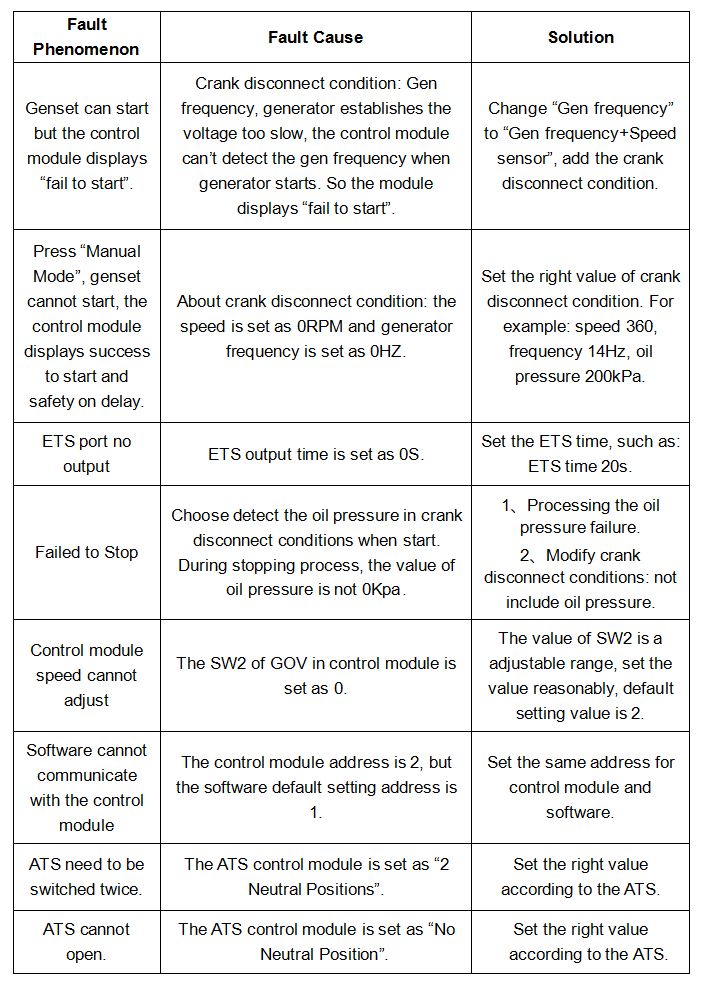Understanding What Does Assume the Loan Mean: A Comprehensive Guide to Loan Assumption
---#### What Does Assume the Loan MeanWhen exploring the world of real estate and financing, one may come across the term "assume the loan." But what does a……
---
#### What Does Assume the Loan Mean
When exploring the world of real estate and financing, one may come across the term "assume the loan." But what does assume the loan mean? In essence, loan assumption is a financial arrangement that allows a buyer to take over the responsibility for an existing mortgage from the seller. This process can be beneficial for both parties, but it also comes with its own set of complexities and considerations.
#### The Basics of Loan Assumption
To better understand what it means to assume a loan, it is crucial to grasp the basic mechanics of this process. When a buyer assumes a loan, they agree to take over the remaining balance of the mortgage, along with the associated terms and conditions. This means that the buyer will make the monthly payments and will be responsible for the mortgage until it is paid off or refinanced.
Loan assumption can occur in various types of loans, including FHA loans, VA loans, and conventional mortgages. However, not all loans are assumable, so it is vital to check the loan agreement for specific terms regarding assumption.
#### Benefits of Assuming a Loan

One of the primary advantages of assuming a loan is the potential for lower interest rates. If the original loan was secured at a lower rate than the current market rates, the buyer can benefit from this financial advantage without needing to refinance. Additionally, assuming a loan can simplify the purchasing process, as it may require less documentation and fewer fees compared to obtaining a new mortgage.
Furthermore, assuming a loan can be appealing in a competitive real estate market. Buyers may have an edge over others if they can take over a favorable mortgage, making their offer more attractive to sellers.
#### Challenges and Considerations
Despite the benefits, there are challenges associated with assuming a loan. One significant factor to consider is the lender's approval. Not all lenders allow loan assumptions, and even if they do, the buyer may need to meet certain credit and income requirements. This means that not everyone will qualify to assume a loan, which can complicate the process.
Moreover, if the loan includes a due-on-sale clause, the lender may require the full balance to be paid upon the transfer of the property, negating the possibility of assumption. Therefore, it is crucial for buyers to thoroughly review the loan documents and consult with a mortgage professional.

#### Steps to Assume a Loan
If you are considering assuming a loan, there are several steps to follow:
1. **Review the Loan Agreement**: Understand the terms of the existing mortgage and check for any clauses regarding loan assumption.
2. **Get Lender Approval**: Contact the lender to discuss the possibility of assuming the loan and determine what requirements must be met.
3. **Submit Documentation**: Provide the necessary documentation to the lender, which may include proof of income, credit history, and other financial information.

4. **Close the Transaction**: Once approved, you will need to complete the closing process, which may involve signing new documents and paying any applicable fees.
#### Conclusion
In summary, understanding what does assume the loan mean is crucial for anyone navigating the real estate market. Loan assumption can offer significant benefits, such as lower interest rates and a simplified purchasing process, but it also comes with challenges that require careful consideration. By being informed and prepared, buyers can make the most of this financial opportunity while ensuring a smooth transition in their home-buying journey.